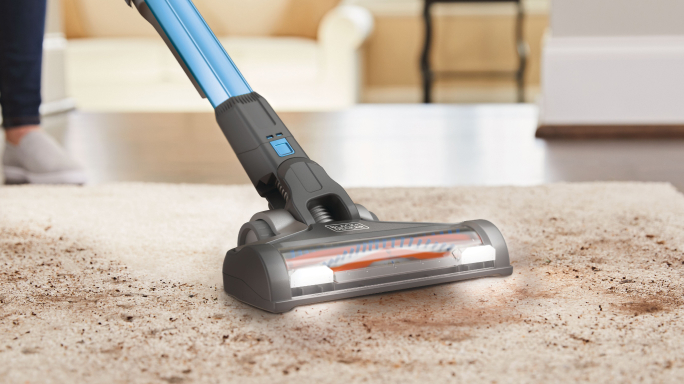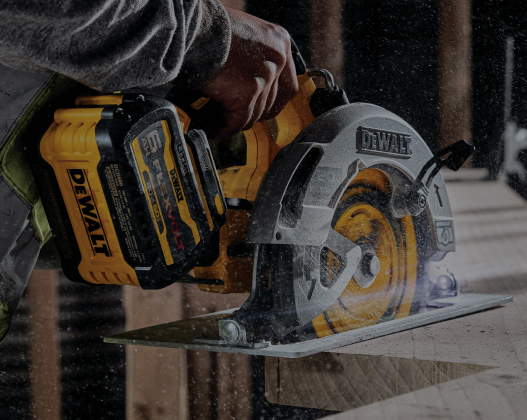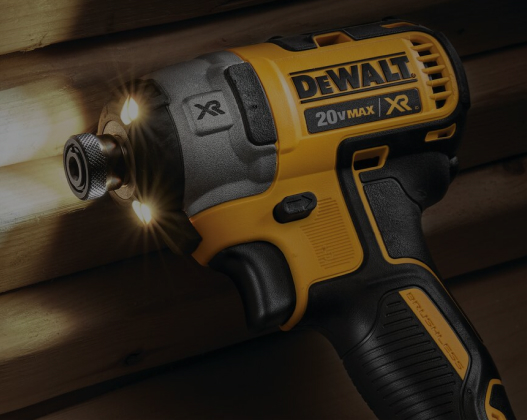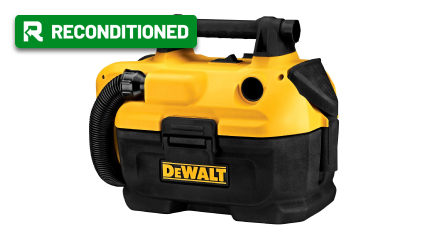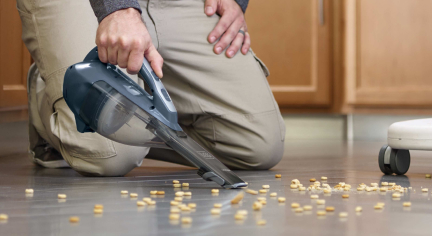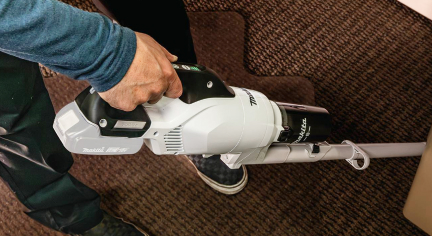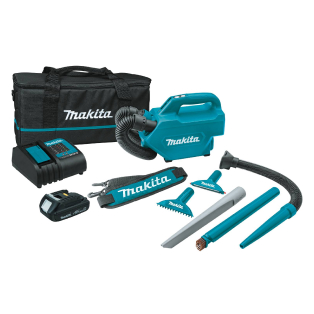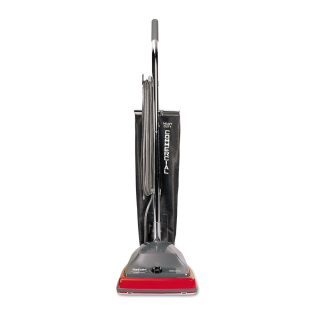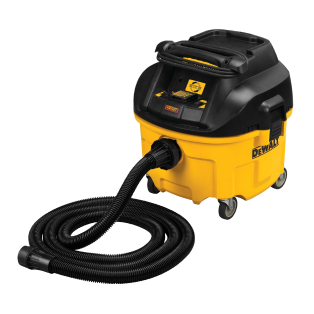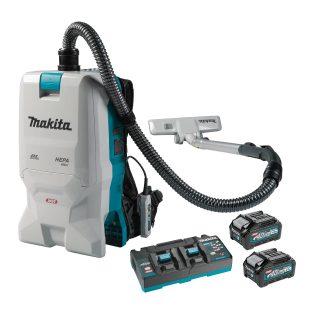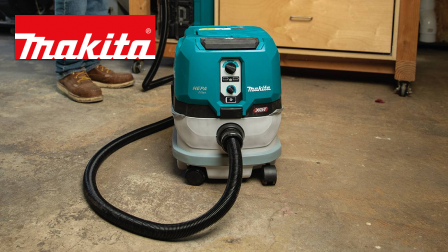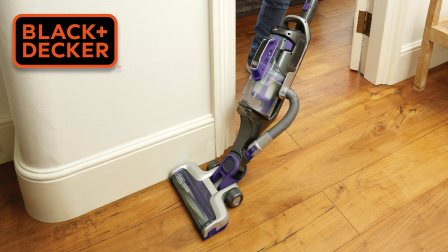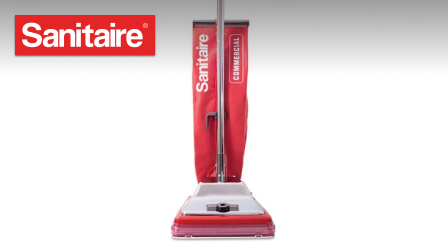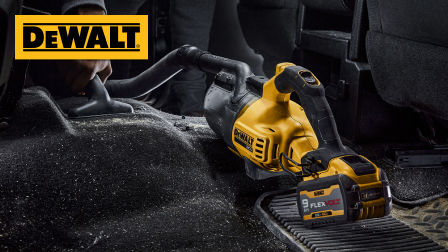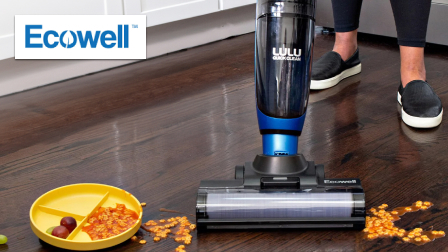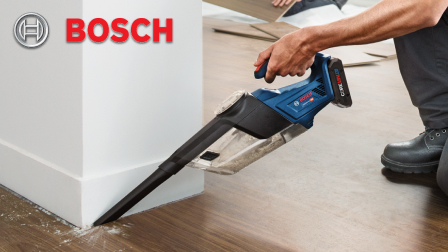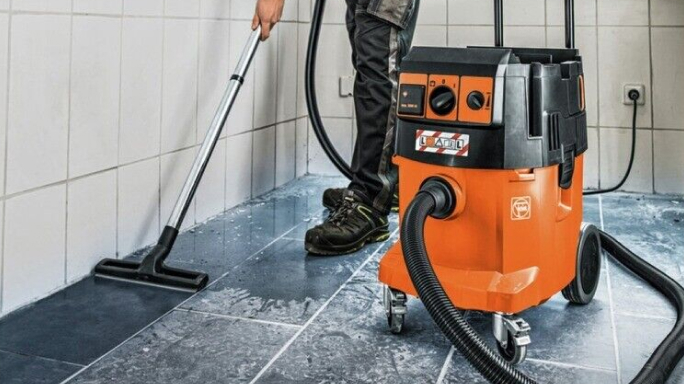Is there an easy way to DIY repair a vacuum?
Yes, many common vacuum issues like clogged hoses or broken belts can be repaired with basic tools and replacement parts. Most top brands provide cleaning and maintenance guides with their vacuums and these materials can also be found online. You can usually attempt a DIY repair before going to a repair shop, but all situations vary.
What type of vacuum do professionals use?
Professionals typically use commercial-grade vacuums including uprights or backpack models, designed for durability, high suction power, and efficiency. Brands like Sanitaire and DeWALT are popular choices due to their reliability and capacity to handle large areas and tough debris. These brands also provide good customer support and resources for their vacuums when needed.
Are battery powered vacuums effective?
Simply put– yes, battery-powered vacuums have become highly effective for everyday cleaning tasks. They offer the convenience of cordless use with good suction power and mobility. This makes them ideal for quick cleanups and hard-to-reach areas on job sites or at home. The only downside is they may not match the longevity or power of corded models for heavy-duty or commercial use.
What should be considered when buying a vacuum?
When purchasing a vacuum, consider factors like:
● Suction power
● Brand reputation
● Ease of use & weight
● Additional features like HEPA filtration, bagless design, or cordless/corded
● The type of flooring and the size of the area (home or professional)
● Specific needs like pet hair removal or allergen control
What is a wet/dry vacuum and what is it used for?
A wet/dry vacuum is a versatile tool that can clean both liquid spills and dry debris. The most common uses for these vacuums include cleanup in garages/workshops and construction sites for tasks like clearing water, sawdust, or dirt. Wet/dry vacuums are ideal for tougher cleaning jobs, especially in professional uses that require more versatility.
